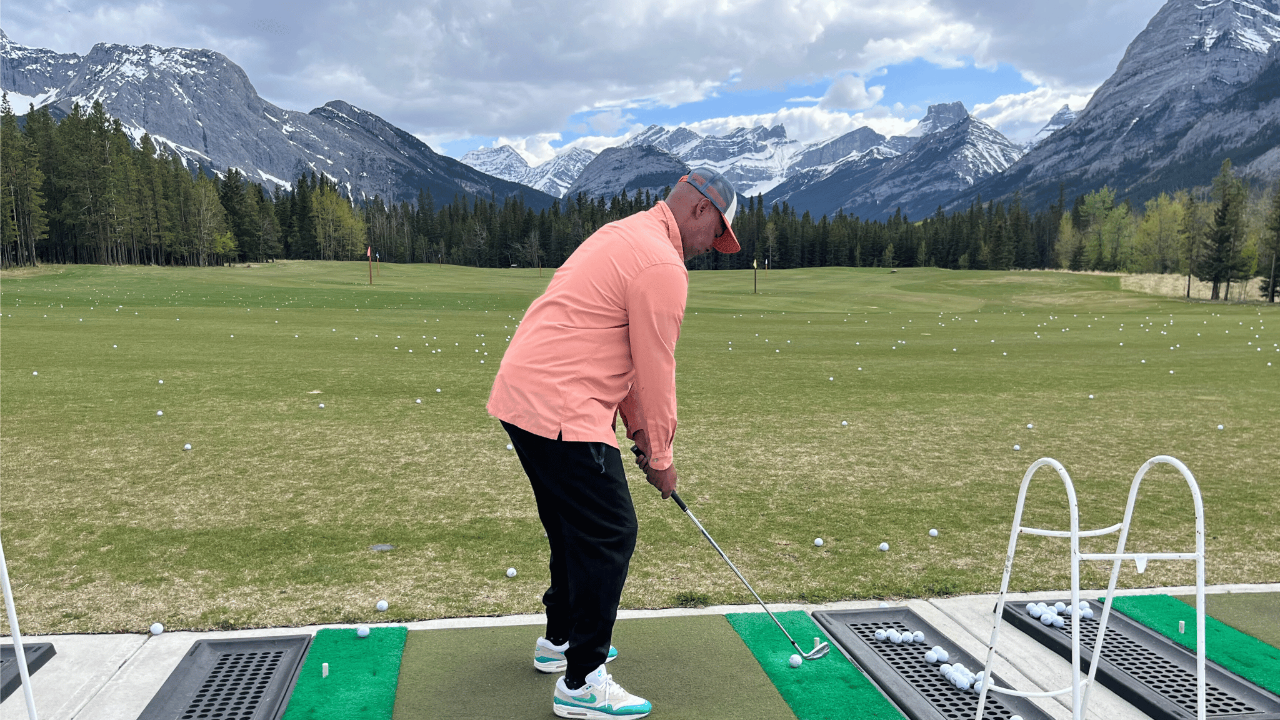Riding the Dip to Your Greatness
Nov 04, 2025
A few summers ago, I decided it was time to take my golf game seriously. Up to that point, I was entirely self-taught. I could grip it and rip it—275 yards off the tee. So, what’s the problem with that? About 70 percent of my shots went out of bounds. When I caught it clean… oh, it felt glorious.
Then I took my first lesson.
The instructor changed my stance, adjusted my grip, and reworked my swing. Suddenly, everything felt foreign. I wasn’t hitting 275 anymore. I was barely reaching 175. My drives looked ugly, sounded dull, and the ball barely left the fairway. Yet… only 25 percent of my shots were going out of bounds. It didn’t look pretty. It didn’t feel powerful, but it was progress.
I was on my way to mastery.
The Paradox of Progress
That golf lesson taught me one of the most valuable truths about leadership and learning: growth often feels like regression. Whenever you learn a new skill, step into a new role, or take on a bigger challenge, your performance almost always dips before it rises.
You go from unconscious competence—doing things naturally—to conscious incompetence—thinking about every move and every decision.
That in-between stage is awkward. It’s humbling. It’s the part of growth most people quit during. Here’s the secret: the dip is not a sign you’re failing. It’s proof you’re getting better.
Every Promotion Comes with a Performance Dip
Leaders experience this same phenomenon every time they level up. I was reminded of this recently when my own daughter finally got the promotion she had been shooting for. She had imagined feeling celebratory and relieved once she achieved this all-important goal and had forecasted that feeling would make all the hours and dedication leading up to it worthwhile. It didn’t take long for doubt to encroach on her party. You get promoted because you were great at what you did—but suddenly, the skills that got you here aren’t the ones you need now. You’re leading people instead of doing the work. You’re navigating ambiguity instead of clear metrics.
It feels uncomfortable because you’re rewiring how you operate. Just like that new golf swing—it’s slower, less powerful at first, and full of second-guessing. When you stay with it, something magical happens. You start hitting fairways again. You trade raw distance for precision, power for consistency and ego for excellence.
How to Stay the Course During the Dip
Here’s what I remind my athletes, executives, and, yes, even my own daughter when the learning feels clumsy:
- Expect the Dip.
Mastery always comes after a moment that feels like failure. Knowing it’s part of the process helps you meet frustration with patience. - Focus on Process, Not Perfection.
Stop judging by outcomes—how far the ball flies, how fast the team performs. Instead, track how consistently you’re practicing the right habits. In the messy meantime, clearly communicate with your boss about what you’re working on and how it’s going. - Seek Expert Eyes.
Just as my golf coach spotted flaws I couldn’t, great mentors and colleagues can see what you can’t. Seeking feedback shortens the learning curve. - Redefine Confidence.
Confidence isn’t fueled with slogans like, “I’m great at this.” It’s built with affirmations like, “I can learn this.” That mindset shift transforms setbacks into stepping stones. Staying where you’re comfortable is stifling your potential. - Celebrate Small Wins.
Improvement hides in the details. Notice when 70 percent out-of-bounds becomes 25 percent. That’s progress—even if it doesn’t sound as sweet off the tee.
Mastery Doesn’t Always Look Pretty
Growth rarely feels graceful. It’s messy, awkward and sometimes painful to watch. The best leaders, athletes and performers know that mastery hides inside the ugly swing.
So, if you’re leading through change, learning a new role, or feeling like your once-smooth game suddenly looks clunky—Remember: this is what progress looks like in real time.
Keep your head down. Trust the process. Swing again. Be patient. The ball may not fly as far today—but soon, it’ll fly straighter, truer and with purpose. At work, mastery might mean months or a year or two in a new position before you enjoy that comfortable sense of unconscious competence again. That’s not a step backward.
That’s the long game of leadership.


